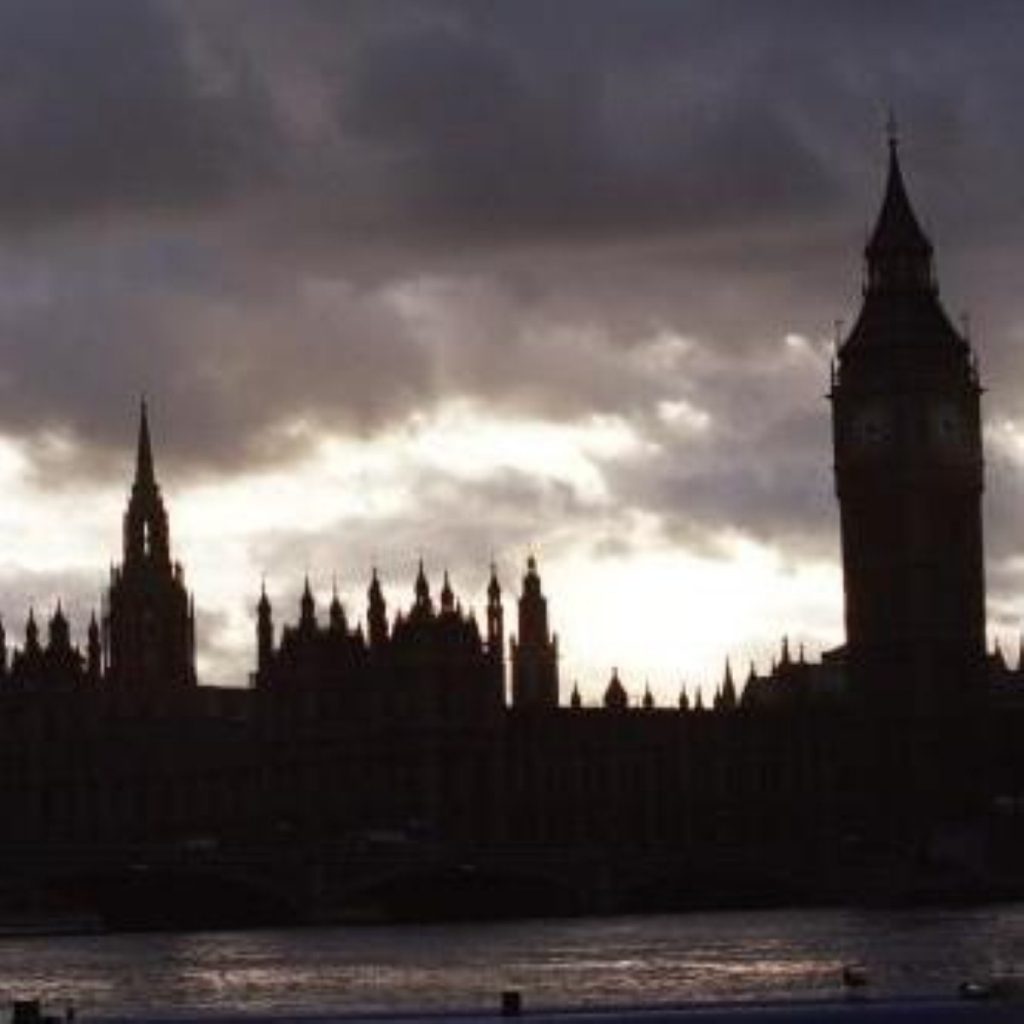Call for public debate on political party funding reform
Before any radical reform of the funding of political parties there needs to be a widespread public debate.
That is the conclusion of today’s long awaited Electoral Commission report into political party funding.
It concludes that the public is not ready to countenance the full state funding of political parties – but equally, there is widespread unease at the influence of individual donors.
Key findings are that political parties are “fundamental to the health of our democracy” – but that they are facing “funding challenges” both for day-to-day running costs and for the financing of major election campaigns.


But, there is no consensus among either the political parties or the public at large about the division of funding between the state and private sources, and whether private donations should be capped.
Launching the report, Electoral Commission chairman Sam Younger said: “Our research has shown that people want to be more informed about party politics and that they want politicians to be more visible and accessible. The public are reluctant for the state to fund parties but at the same time, are unhappy with large private donations.
“We now feel that a wider public debate on party funding is needed to bring about more of a consensus among parties and the public on the way in which parties should be funded. Until then we do not believe it is the right time to recommend any radical new system.”
In the interim the commission recommends a series of reforms to the current system. These include an increase in public funding through the extension of policy development grants to all parties with two or more elected members above the local level, and an extension of the freepost facility for all candidates contesting local elections. Previously the policy development grant was only available for parties with two or more MPs, but the Electoral Commission recommends that this should be extended to members of the Welsh and Scottish assemblies.
Most eye catching though, is the suggestion that for the next general election local spending limits should be doubled, but the national spending limits for Westminster elections should be reduced from approximately £20 million to £15 million.
Responding, the New Politics Network said that it welcomed the report – and was particularly pleased that its suggestion of lower national but higher local spending limits has been adopted.
It though would have wished for a cap on private donations.
The director of the New Politics Network, Peter Facey, said: “British politics has become too centralised and disconnected from the public; the commission’s proposed reforms represent an important, if modest, first step towards redressing the balance.
“It is important to note that the commission is not proposing to dole out cash to political parties. Rather, it is calling for reforms to be made that bring the funding of political parties broadly in line with charities. Campaigning locally and fundraising locally go hand in hand. The commission is proposing to incentivise both, and subsequently make parties less dependent on rich donors.
“We hope the Government will embrace these reforms at the earliest possible opportunity.”











